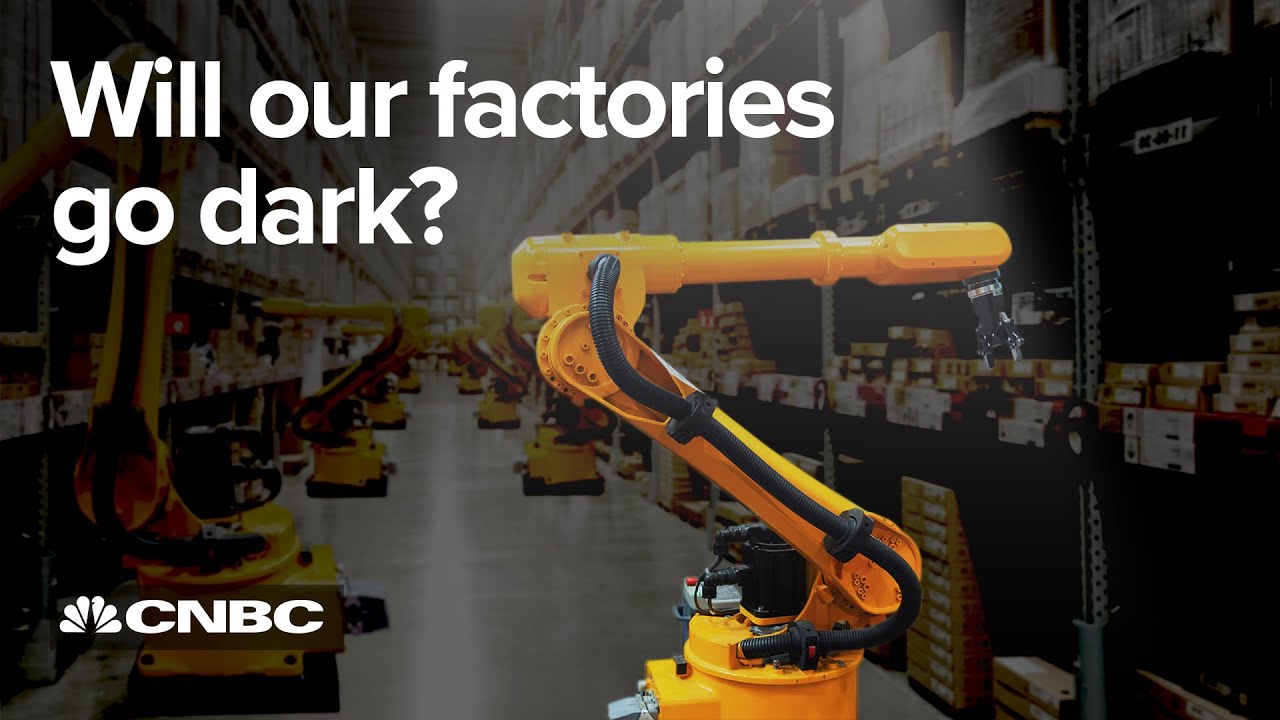
The integration of AI in the manufacturing sector is not without its hurdles. Several key issues must be addressed to ensure a successful merger. These challenges include:
Quality of Data
- The importance of access to clean, significant, and high-quality data cannot be overstated for AI initiatives within the manufacturing industry.
- Manufacturing data can often be biased, obsolete, or prone to errors due to a variety of factors such as extreme operational conditions and disconnected systems.
Infrastructure Technology and Interoperability
- Manufacturing locations frequently house a wide array of machines and systems that utilize different technologies, resulting in interoperability difficulties.
- Obsolete software and the absence of universal frameworks can obstruct the smooth interaction between machines and systems.
Lack of AI Expertise
- There is a shortage of seasoned data scientists and AI experts, necessitating interdisciplinary teams for AI endeavors.
- As Baby Boomers exit the workforce, the manufacturing industry faces an exacerbated talent shortage.
Decision-making in Real-time
- Swift decision-making is vital in manufacturing for quality control and adherence to deadlines.
- Manufacturers must act promptly on decisions to avoid defects or safety concerns.
Deployments at Edge
- Edge computing holds a crucial role in local data processing, latency reduction, and facilitating real-time modifications in manufacturing procedures.
- It’s essential to deploy predictive models on edge devices for intelligent manufacturing applications.
Trustworthiness and Transparency
- Establishing trust in AI models and maintaining transparency throughout the decision-making process are critical elements for successful AI adoption within manufacturing.
By addressing these challenges with strategies such as improving data quality, upgrading technology infrastructure, enhancing talent skills, enabling real-time decision making, utilizing edge computing, and promoting trust and transparency; we can pave the way for effective implementation of AI within the realm of manufacturing.


